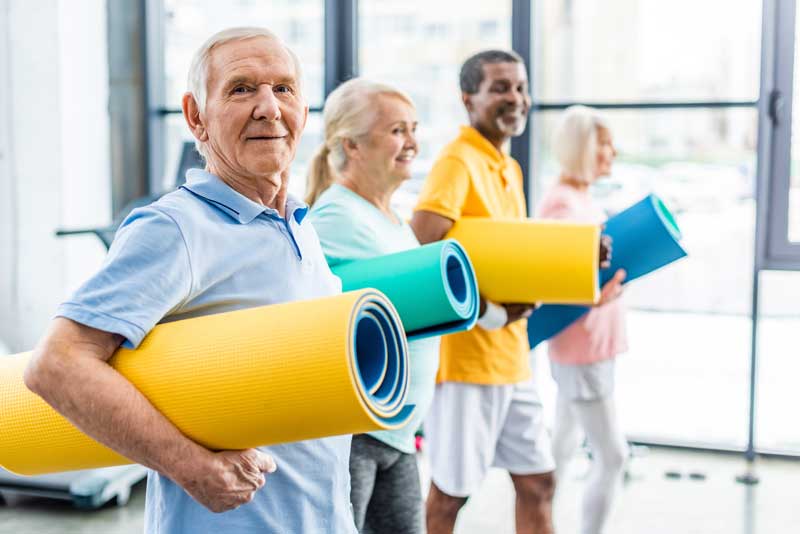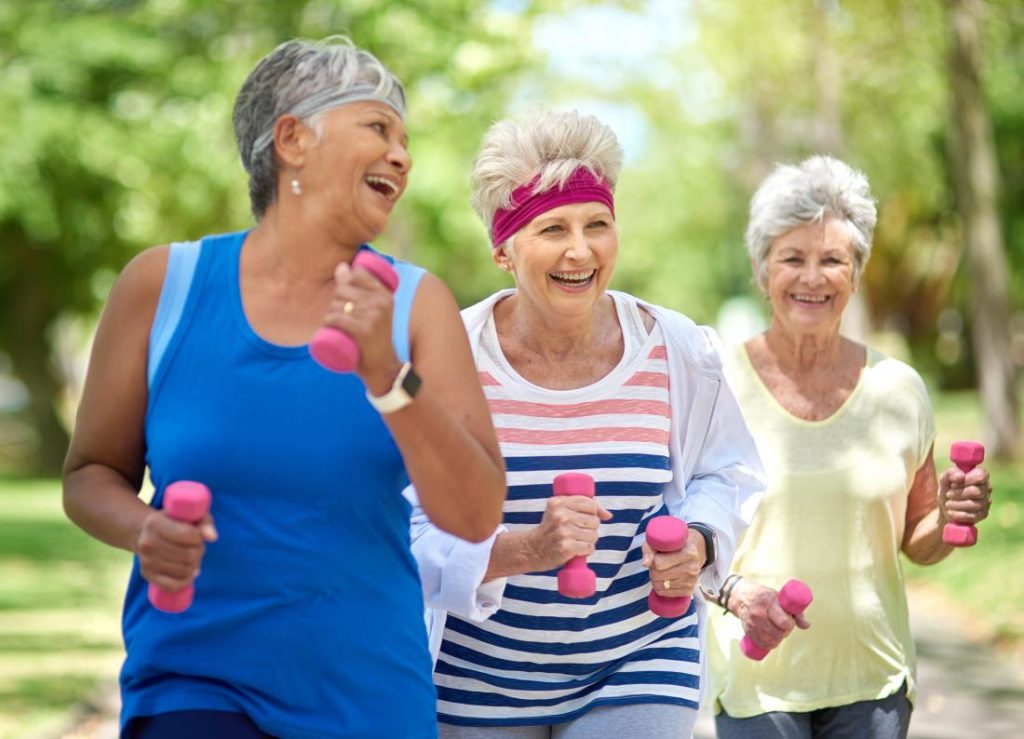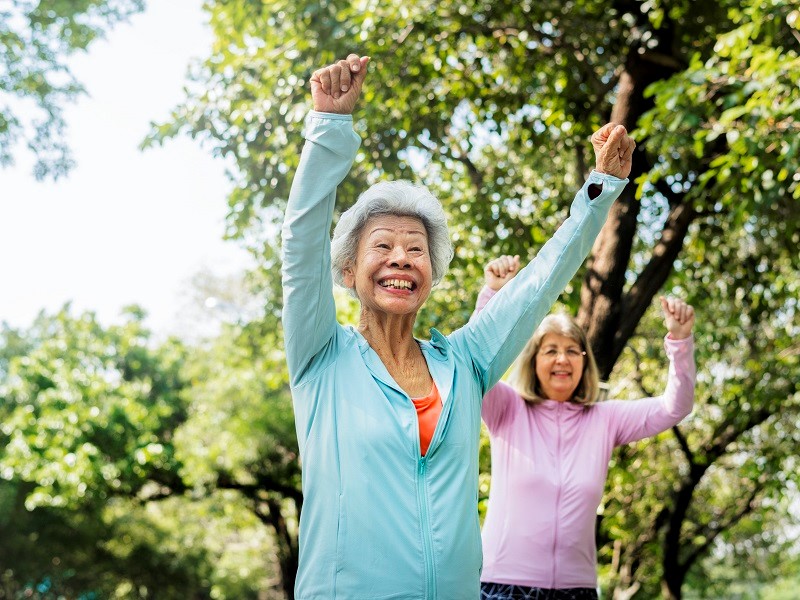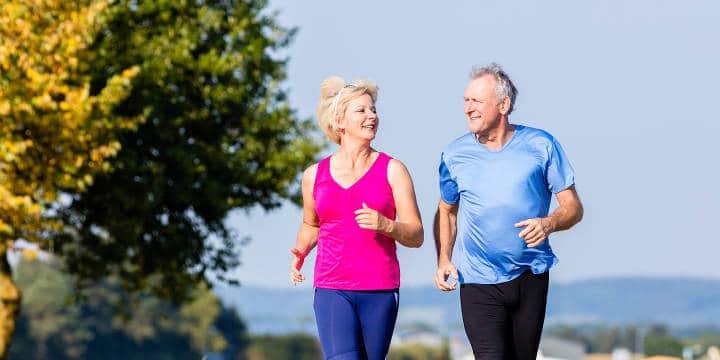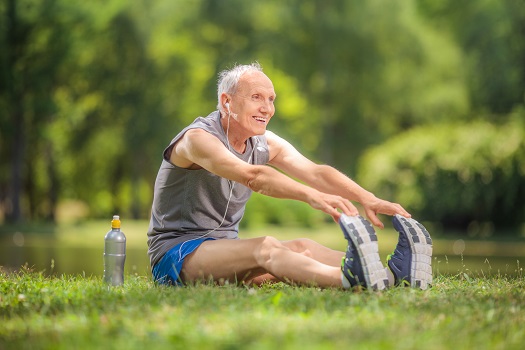Exercise for the mature person
Posted on May 4th, 2021 by Andries Lodder
There are many reasons why we tend to slow down and become more sedentary with age. It may be due to health problems, weight or pain issues, worries about falling, or even a chronic condition. But as we grow older, an active lifestyle becomes more important than ever to our health and well-being.
Studies show that physical activity was the number one contributor to longevity, adding extra years to your life. But getting active is not just about adding years to your life, it’s about adding life to your years.
There are many benefits to exercise as we age
- Maintain or lose weight. Regular exercise helps increase your metabolism and build muscle mass, helping your body to burn more calories.
- Prevent and Reduce the impact of illness and chronic disease. People who exercise tend to have improved immune and digestive functioning, better blood pressure and bone density, and a lower risk of Alzheimer’s disease, diabetes, obesity, heart disease, osteoporosis, arthritis and certain cancers.
- Enhance your mobility, flexibility, and balance.
Exercise improves your strength, flexibility, and posture, which in turn can help with your balance and coordination. - Decreased Risks of Falls. Older adults are at a higher risk of falls, which can prove to be potentially disastrous for maintaining independence. Anything that helps avoid them in the first place is critical.
- Better Respiratory and Cardiovascular Function. Frequent physical activity lowers the risk of heart disease and reduces blood pressure. It helps make your daily routines smoother and less energy intensive.
- Increases Bone Density. Exercise protects against bone loss. Higher bone density reduces the risk of osteoporosis and lowers the risk of falls and broken bones.
- Smoother Activities of Daily Living. Activities that one does not usually consider exercise become more tiring as we age. Exercise will assist in making all of these (sitting and standing, driving, picking up objects, walking up/down stairs etc) that much easier.
Under these COVID-19 times, mental health has been largely affected. More so in the elderly generation as being cautious has created a lonelier environment.
Exercise:
- Makes You Happier and more Self-confident. Health benefits seniors by releasing endorphins into the brain and reducing depression. Exercise can lighten your mood and create a sense of happiness.
- Improve your sleep. Regular activity can help you fall asleep faster, sleep more deeply, and wake feeling more energetic and refreshed.
- Improve your brain function. Exercise can aid brain functions as diverse as multitasking and creativity, and help to prevent memory loss, cognitive decline, and dementia.
- Social Engagement. Maintaining strong social ties is important for aging adults to feel a sense of purpose and avoid feelings of loneliness or depression.
There are 3 Types of Exercise that provide benefit to Seniors:
- Aerobic and Endurance Exercises. Cardio and endurance exercise increases the body’s ability to deliver oxygen and nutrients to tissues and remove waste over sustained periods of time. It is recommended to do at least 30 minutes per day.
- Strength and Resistance Training. Strength training uses and builds muscles through repetitive motions. Seniors can do strength training with weights, resistance bands, and bodyweight. 2-3 strength/resistance training workouts a week will provide the greatest benefits.
- Stretching and Flexibility Exercises. Stretching helps muscles warm up and cool down gradually, improves and maintains flexibility, prevents injury, and reduces muscle soreness and stiffness.
A biokineticist is the ideal professional to assist you reach all these benefits. By using scientifically established exercise programmes, we are able to monitor and aid in your reaching your goals.
Tweet
